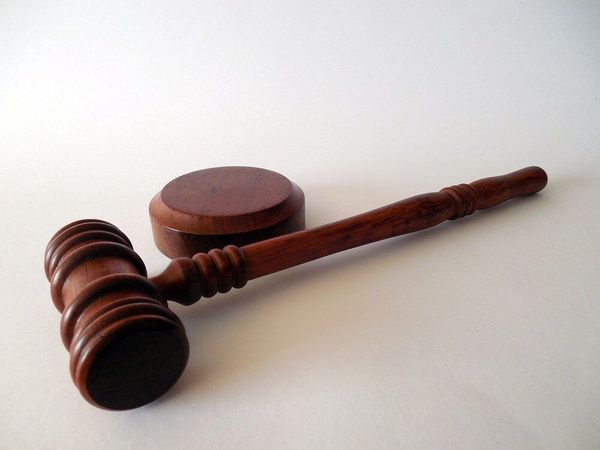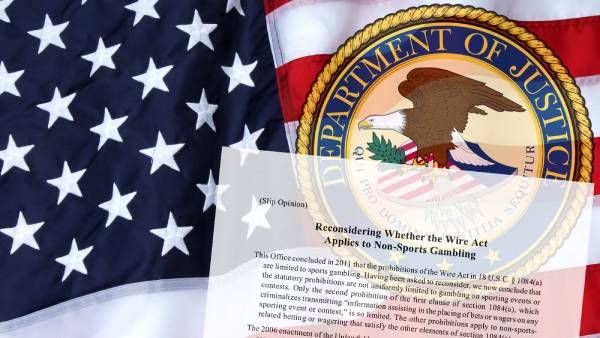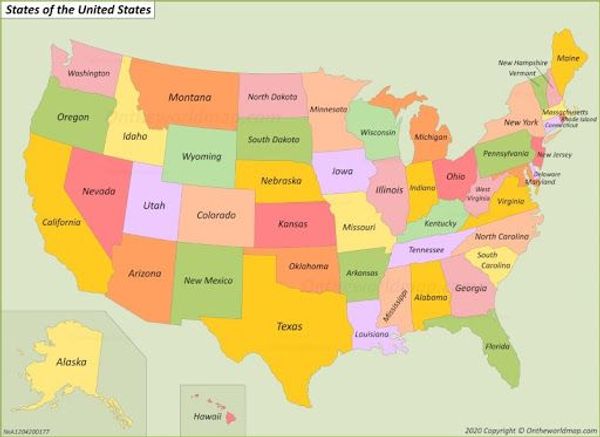The passing of this law has had a massive impact on online gambling in both the sports betting and poker landscapes. UIGEA sought to eliminate online gambling by preventing the use of U.S. financial institutions for online gambling-related purposes. This, of course, is easily worked around by any savvy bettor and resulted in incredible devastation to U.S.-based companies in the gambling market.
Bettors can simply circumvent this absurd law by funding accounts without using U.S. banks. Instead of regulating a market that most would agree requires regulation because of the dangers, this Act forced consumers to rely on possibly dangerous, unregulated, overseas vendors as the marketplace because easily regulated larger domestic companies had been forced out of the market. If the true goal of UIGEA was to protect the U.S. consumers, UIGEA has failed miserably.
History
UIGEA was introduced in the House of Representatives in November of 2005 and signed into law on October 13, 2006 by President George W. Bush. The Act was famously passed as an add-on to unrelated, non-controversial legislation on the last day of the 2006 Congress, with no member of the Committee actually seeing the final language of the bill before it was passed.
Online Poker and UIGEA
All public gambling sites on the London Stock Exchange ceased to accept U.S. players due to the passage of UIGEA. As stated above, this has driven U.S. bettors to non-public, unregulated companies where shady business is much more easily achieved. Predictably, the vast majority of U.S.-based online poker companies had to shutter operations, most notably the largest provider, Party Poker (operating as PartyCasino in New Jersey). The largest major online poker companies PokerStars, Full Tilt Poker and Absolute Poker were attacked by the United States in a court case which was decided on April 15, 2011, infamous in the poker community as “Black Friday”. The sites immediately stopped offered money play to their U.S. customers, freezing hundreds of millions of dollars in player funds for countless users in the process. Online poker suffered massively as a result of this – an estimated 40% of traffic for the three major companies came from U.S. users. Poker had been growing rapidly in the United States up until this moment, and likely will not regain the level of popularity unless other legislative action is taken.
FAQ and Fun Facts
- UIGEA specifically excludes fantasy sports and skill games
- UIGEA did not discuss the legality of online wagering in regard to horse racing
- A law passed in the state of Washington in 2006 made it a felony to play online poker
- Criminal penalties under UIGEA include up to five years in prison, fines, and disbarment from gambling
- UIGEA was added as a last-minute addendum to the non-controversial SAFE Port Act, which was a piece of legislation aimed at improving maritime security in response to increasing terrorism threats at U.S. ports
Quick Links





